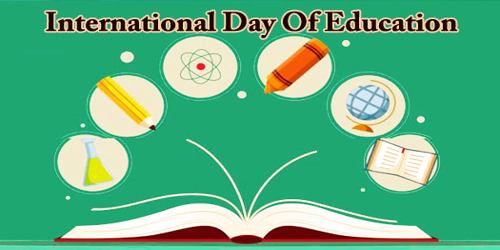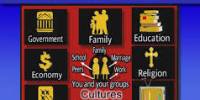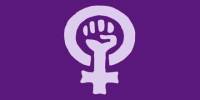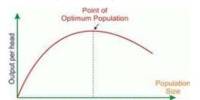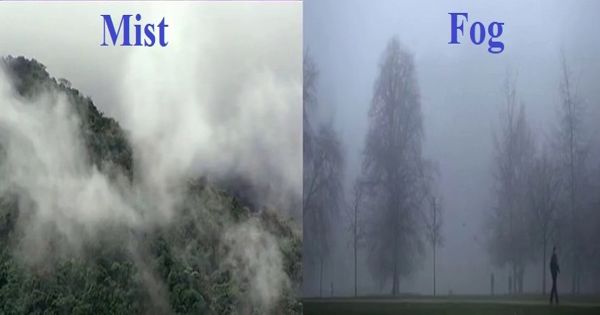The right to education is enshrined in article 26 of the Universal Declaration of Human Rights. It is a public good and a public responsibility. The declaration calls for free and compulsory elementary education. The Convention on the Rights of the Child, adopted in 1989, goes further to stipulate that countries shall make higher education accessible to all.
On 3rd December 2018, the United Nations General Assembly adopted a resolution proclaiming January 24 as International Day of Education, in celebration of the role of education for bringing global peace and sustainable development.
Without inclusive and equitable quality education and lifelong opportunities for all, countries will not succeed in achieving gender equality and breaking the cycle of poverty that is leaving millions of children, youth, and adults behind.
Education offers children a ladder out of poverty and a path to a promising future. But about 265 million children and adolescents around the world do not have the opportunity to enter or complete school; 617 million children and adolescents cannot read and do basic math; less than 40% of girls in sub-Saharan Africa complete lower secondary school and some four million children and youth refugees are out of school. Their right to education is being violated and it is unacceptable.
Quality education includes learners who are healthy, well-nourished, and ready to participate and learn, and supported in learning by their families and communities.
“Today is a call for action. Together we can take concrete steps towards quality early learning, primary or secondary education, to support two of the Government’s priorities, out-of-school children, and youth employability. We can scale up models which support out-of-school girls and boys with alternative learning programs, offering adolescents a pathway to develop the employability skills they need to access decent employment.”
Quality education is one of the 2030 Sustainable Development Goals (SDGs) on its own. It is also a tool to help achieve many other Goals such as poverty eradication, decent work, and economic growth, reduced inequalities, improved health outcomes or gender equality.
“Education is the most powerful force in our hands to ensure significant improvements in health, to stimulate economic growth, to unlock the potential and innovation we need to build more resilient and sustainable societies,” said Audrey Azoulay, UNESCO Director-General in her statement for the Day.
“We will not succeed in breaking the cycle of poverty, mitigating climate change, adapting to the technological revolution, let alone achieve gender equality, without ambitious political commitment to universal education.”
On the Day, UNESCO will release a new handbook on the right to education. It will also publish new data on education inequalities showing which population groups are lagging behind in achieving SDG 4.
Information Sources:
